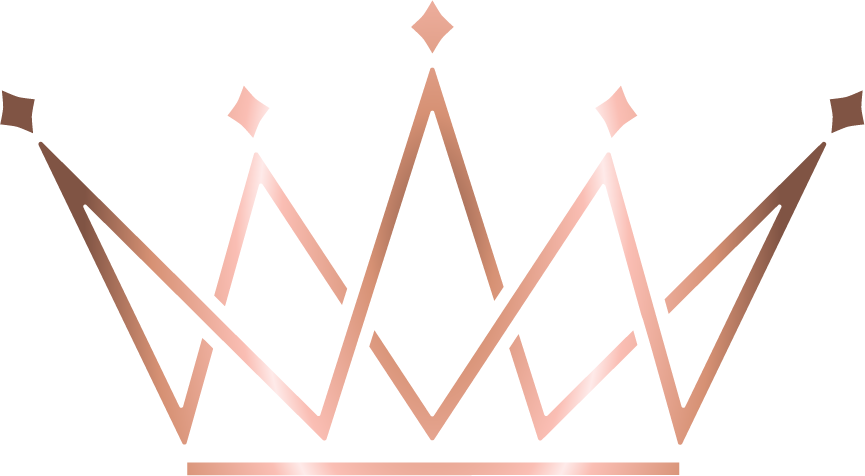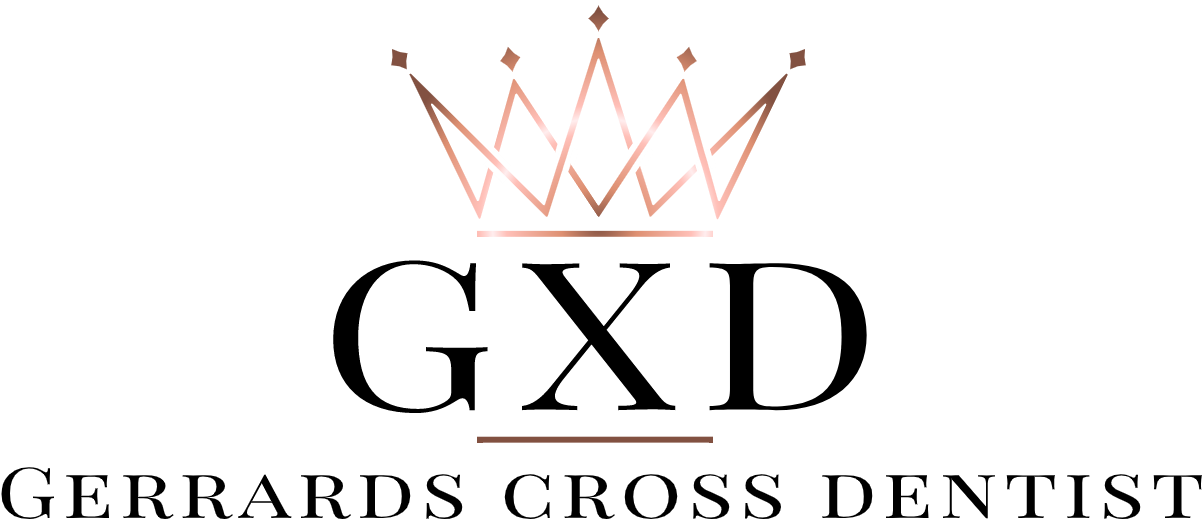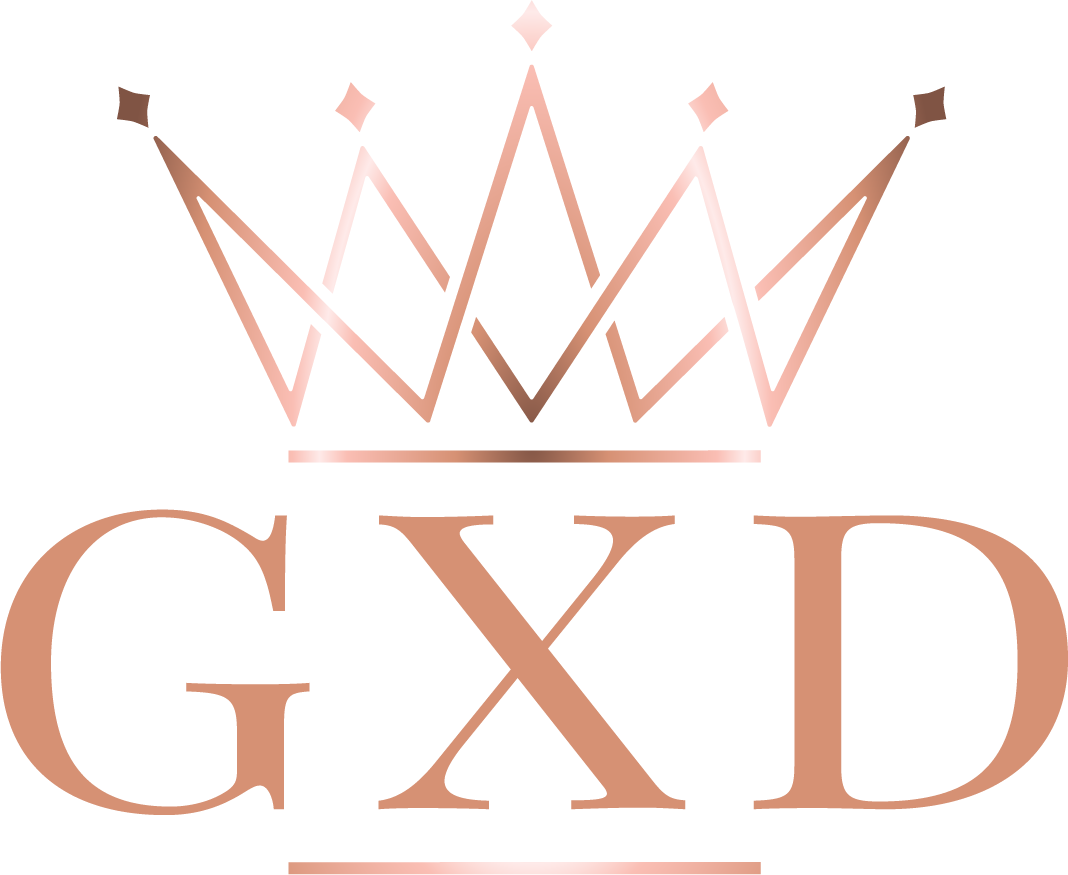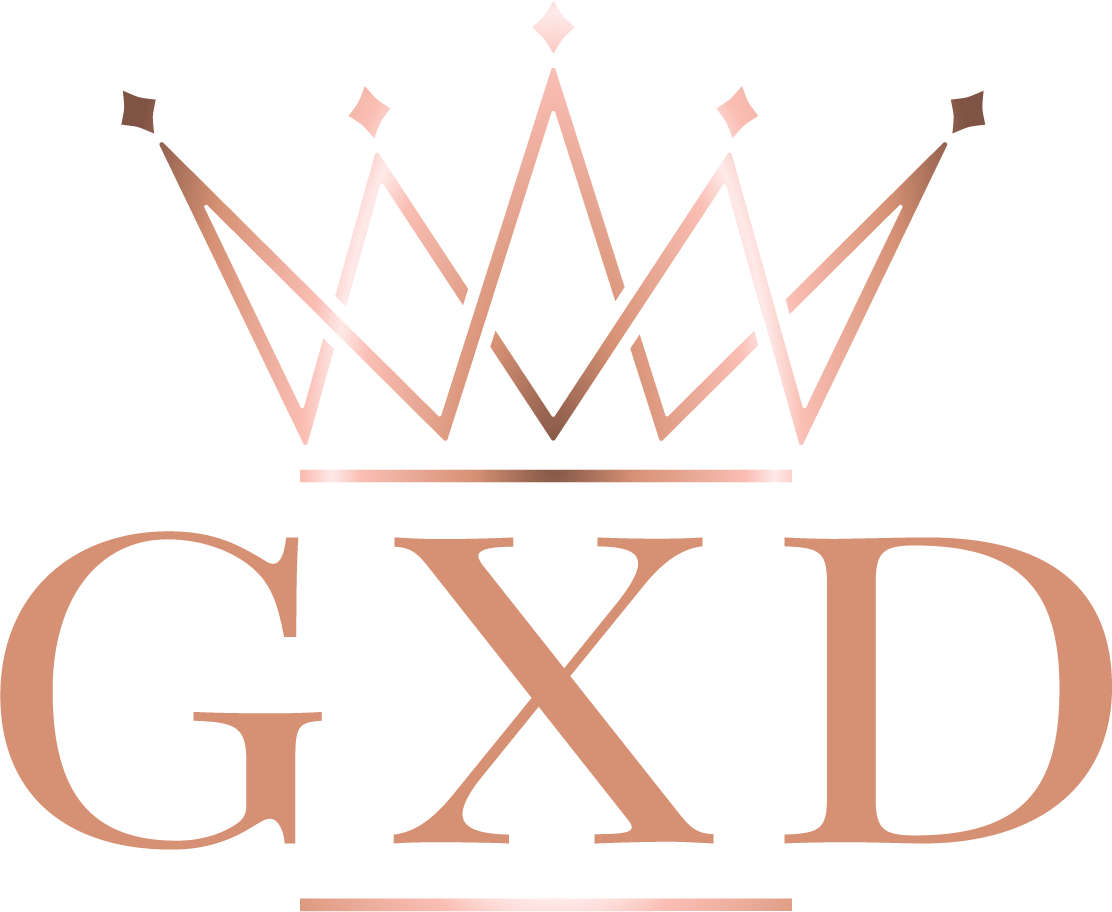Grinding and Clenching
Grinding and Clenching
In many cases, treatment isn’t necessary. Many kids outgrow bruxism (tooth grinding) without treatment, and many adults don’t grind or clench their teeth badly enough to require therapy. However, if the problem is severe, treatment options include certain dental approaches, therapies and medications.
Dental approaches
If you or your child has bruxism, your dentist may suggest ways to preserve or improve your teeth.
- Splints and mouth guards. These are designed to keep teeth separated to avoid the damage caused by clenching and grinding. They can be constructed of hard acrylic or soft materials and fit over your upper or lower teeth.
- Dental correction. Correcting teeth that aren’t properly aligned may help if your bruxism seems to be related to dental problems. In certain cases, your dentist may recommend braces or oral surgery.


Therapies
Certain therapies may help relieve bruxism, such as:
- Stress management – If you grind your teeth because of stress, you may be able to prevent the problem with professional counselling or strategies that promote relaxation, such as exercise or meditation.
- Behaviour therapy – Once you discover that you have bruxism, you may be able to change the behaviour by practicing proper mouth and jaw position. Ask your dentist to show you the best position for your mouth and jaw.
- Biofeedback – If you’re having a hard time changing your habits, you may benefit from biofeedback, a form of complementary medicine.
Medications
In general, medications aren’t very effective for treatment of bruxism, and more research is needed to determine their effectiveness. Examples of medications that may be used for bruxism include muscle relaxants, OnabotulinumtoxinA (BTX) injections.
Dr Lachhanni is the perfect dentist for those who like me are nervous of going to the dentist. He explains the treatment in a very clear and concise way, taking his time and making sure you are pain free. I was handed the TV remote controls to choose my favourite programme whilst treatment was taking place. He gave me excellent advice on how best to look after and clean my teeth. The dental surgery is easy to find, clean and modern. I was also impressed that my initial contact was made via email to them on a Sunday - I received a phone call the same day with an emergency appointment booked for the following day - what an amazing service!
Yvonne Scott
Amazing experience and service at the Gerrards Cross Dentist. I’ve been seen by Dr J Bahra over the last few weeks and was made to feel extremely comfortable with quick and painless procedures. Will definitely be booking in my teeth whitening soon. Thanks!
Natasha Selina
What an amazing dental practice. My partner went here for some work when we recently moved to the area and he recommended the practice. I honestly thought ‘How good can a dentist really be?’ ... well I just discovered!
Not only was the treatment quick, effective and painless, but you also get to watch Netflix whilst it’s being done! Probably the most relaxing hour of my day.
I highly recommend!
Rowan Luckie
I recently moved to the area and chose to come to Gerrards Cross Dentist based on some reviews here. The reviews are accurate, it’s a very warm and welcoming place but most importantly the dentists are of the highest quality. Very caring with aftercare that has been second to none. I couldn’t recommend this dentist enough.
James
Previous
Next

Contact Us

Opening Hours
| Mon | 9:00AM to 6:00PM |
| Tues | 9:00AM to 6:00PM |
| Wed | 9:00AM to 6:00PM |
| Thur | 9:00AM to 6:00PM |
| Fri | 9:00AM to 6:00PM |
| Sat | 9:00AM to 2:00PM |
| Sun | 9:00AM to 2:00PM |



